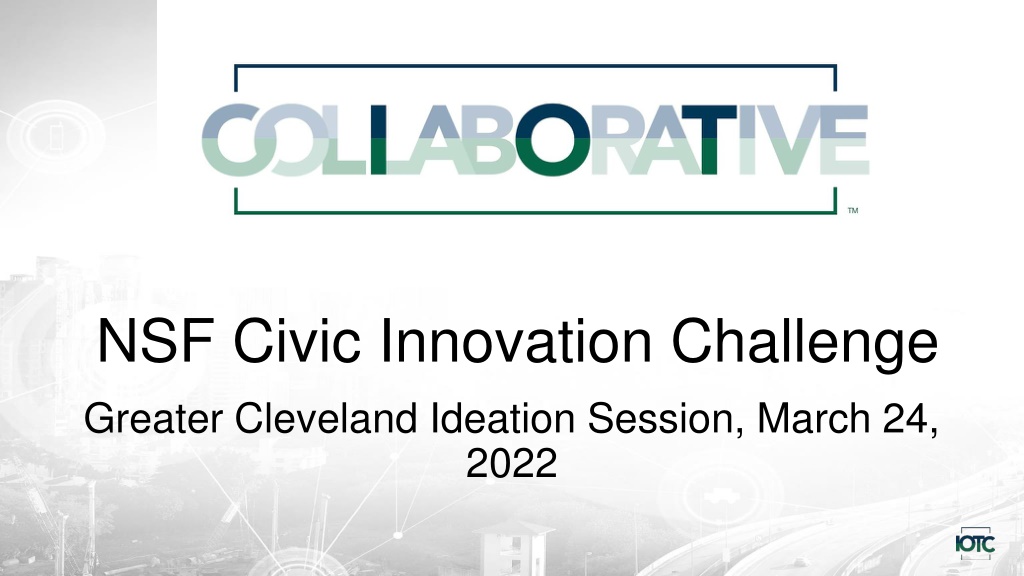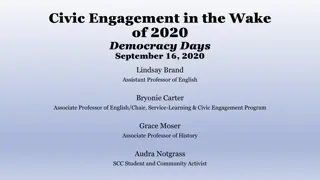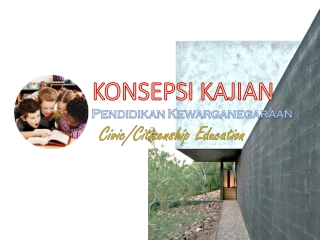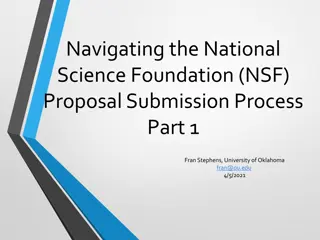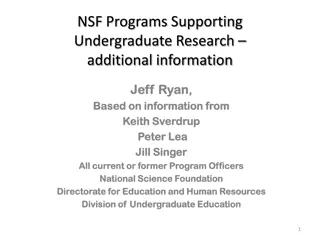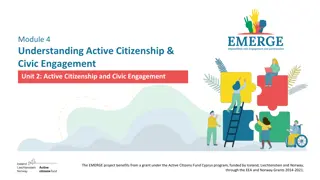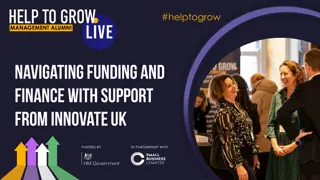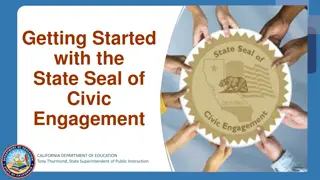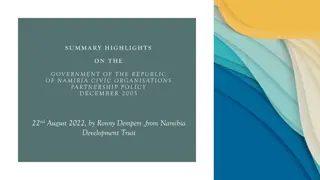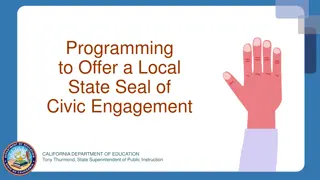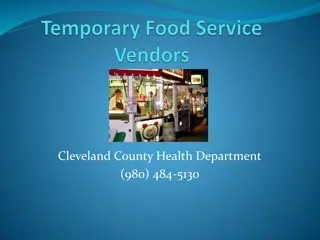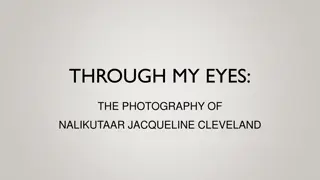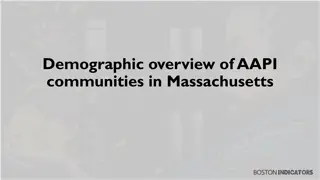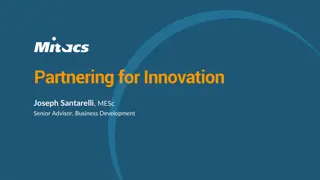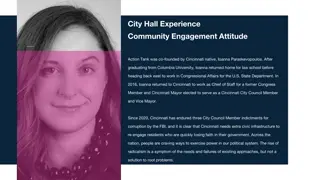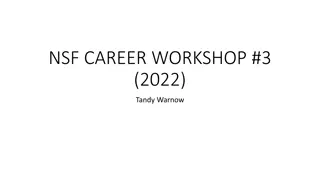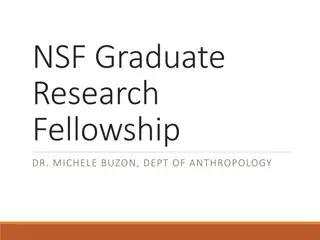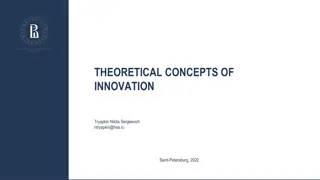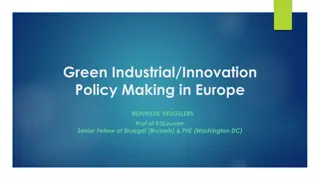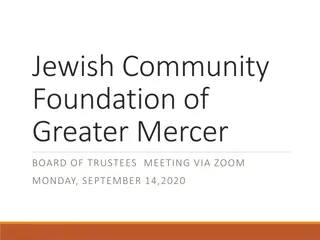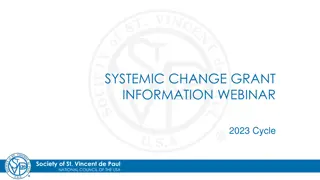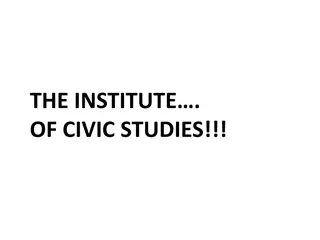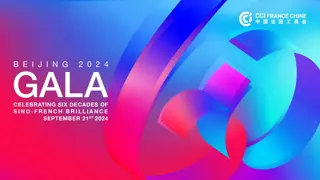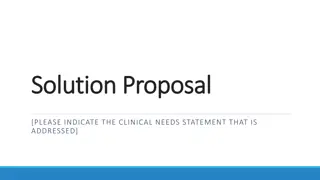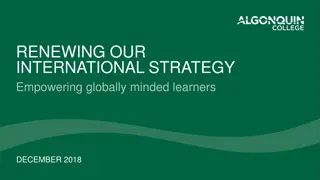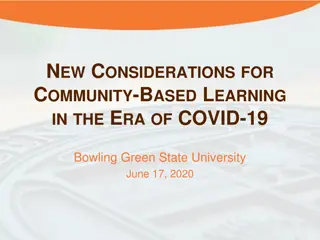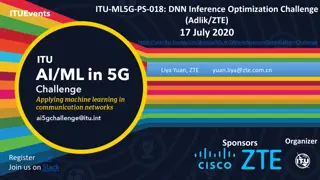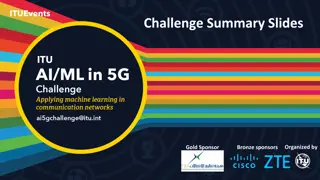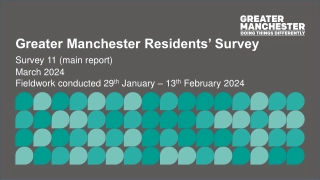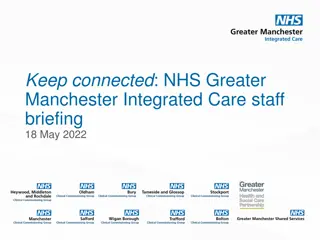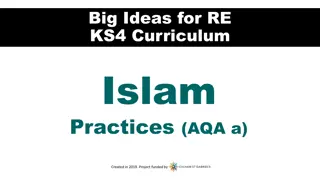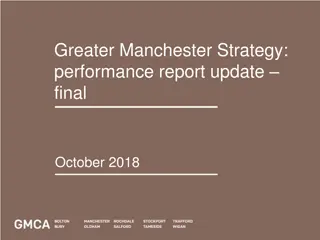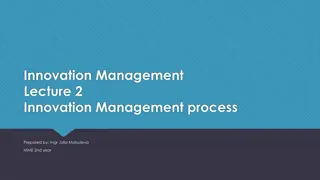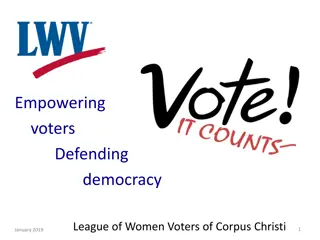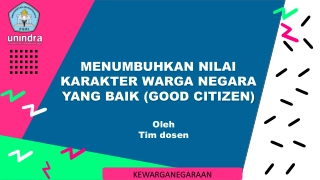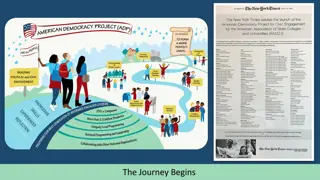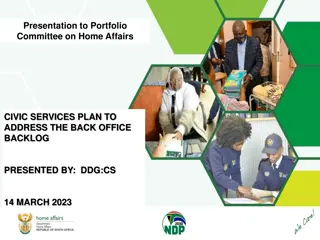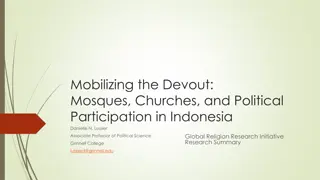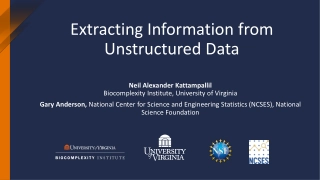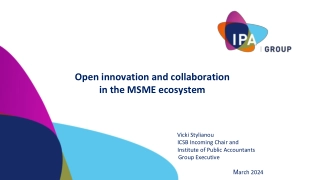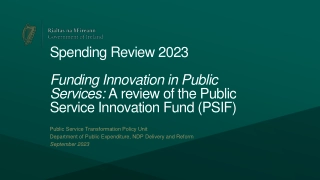NSF Civic Innovation Challenge - Empowering Community-driven Solutions in Greater Cleveland
The NSF Civic Innovation Challenge is a unique opportunity for community partners and researchers to collaborate on addressing pressing community challenges. The challenge, organized into two tracks, focuses on climate resilience and essential resources for communities. Learn more about this research and action competition and how it enables the transition of innovations into practice in communities. Join the IoT Collaborative's Ideation Session on March 24th to contribute to building impactful solutions. Key dates include information sessions, submission deadlines, and the NSF proposal deadline for Phase 1. Don't miss out on this chance to make a difference in Greater Cleveland.
Download Presentation

Please find below an Image/Link to download the presentation.
The content on the website is provided AS IS for your information and personal use only. It may not be sold, licensed, or shared on other websites without obtaining consent from the author. Download presentation by click this link. If you encounter any issues during the download, it is possible that the publisher has removed the file from their server.
E N D
Presentation Transcript
NSF Civic Innovation Challenge Greater Cleveland Ideation Session, March 24, 2022
Civic Innovation Challenge A research and action competition driven by community priorities The National Science Foundation published a call for proposals for the Civic Innovation Challenge (CIVIC). CIVIC proposals need to bring together community partners and researchers working to address a community challenge. CIVIC is organized in two phases: Phase 1 - $50k planning grant Phase 2 - $1M implementation grant (only open to Phase 1 awardees) NSF CIVIC requires community partners
Background The IoT Collaborative, a partnership between Case Western Reserve University and Cleveland State University, will hold a CIVIC Ideation Session on March 24th, inviting civic and non-profit partners to present a community challenge relevant to the NSF CIVIC opportunity. Follow-on breakout sessions on March 24thwill allow researchers and partners to discuss the need, possible solutions, and allow potential proposal team formation.
NSF CIVIC 2022 Organized around two tracks: Track A. Living in a changing climate: pre-disaster action around adaptation, resilience, and mitigation Track B. Bridging the gap between essential resources and services & community needs.
CIVIC Uniquely designed to enable transition to practice of innovations into communities, as follows 1. CIVIC flips the community-university dynamic, asking communities to identify civic priorities ripe for innovation and then to partner with researchers to address those priorities 2. CIVIC focuses on research-centered solutions that are ready for piloting in and with communities on a short timescale, where real-world outcomes can be evaluated within 12 months 3. CIVIC requires a coalition of civic partners and stakeholders and a multi- disciplinary set of researchers to co-create and execute pilot projects 4. CIVIC organizes and fosters nationwide communities of practice around high-need problem areas that allow for meaningful knowledge sharing and cross-site collaboration during both the pre-development and piloting stages
Timeline March 9, 10:00-11:00 AM - Information and Q&A Session - Optional March 10, 4:00-5:00 PM - Information and Q&A Session - Optional - Learn more about NSF CIVIC, have questions answered by IOTC March 17, 5:00 PM - Deadline for Quad-Chart Submissions - Email submissions to proposals@iotcollaborative.org March 24, 8:30-10:00 AM - IoT Collaborative NFS CIVIC Idea Session - Virtual (zoom) event May 5, 5:00 PM - NSF Deadline for CIVIC Phase 1 Proposals
Instructions Cleveland NSF Civic Innovation Challenge Ideation If you have identified a community need that aligns with the NSF CIVIC opportunity, please fill out the following slide template ( quad-chart ). 1. Communicate the need and opportunity with 1 slide. You will have 3 minutes to present the slide during the Ideation session. 2. Title should specify which of the two solicitation tracks (A or B) you are targeting (please refer to the solicitation link above). 3. Please follow the template format, including minimum font size. 4. Email your quad-chart (in PowerPoint format) to proposals@iotcollaborative.org
Questions? The IoT Collaborative is here to help! Please attend the optional Information and Q&A sessions (March 9th& March 10th). If you still have questions, please email us at proposals@iotcollaborative.org.
Organization Title Track A or Track B: [Your Project Title] Presenter Name What is the community challenge? Describe the impact if the challenge is addressed ? All text must be in 8pt or larger font Text or Figure Impact on the region, residents, etc. What is your vision/strategy for addressing the challenge? Who are your current partners? What are the missing areas of expertise? Any Pilots? Current partners, desire partners/expertise [Any insight from pilot programs] Describe possible intervention/program Replace with your organization s logo
